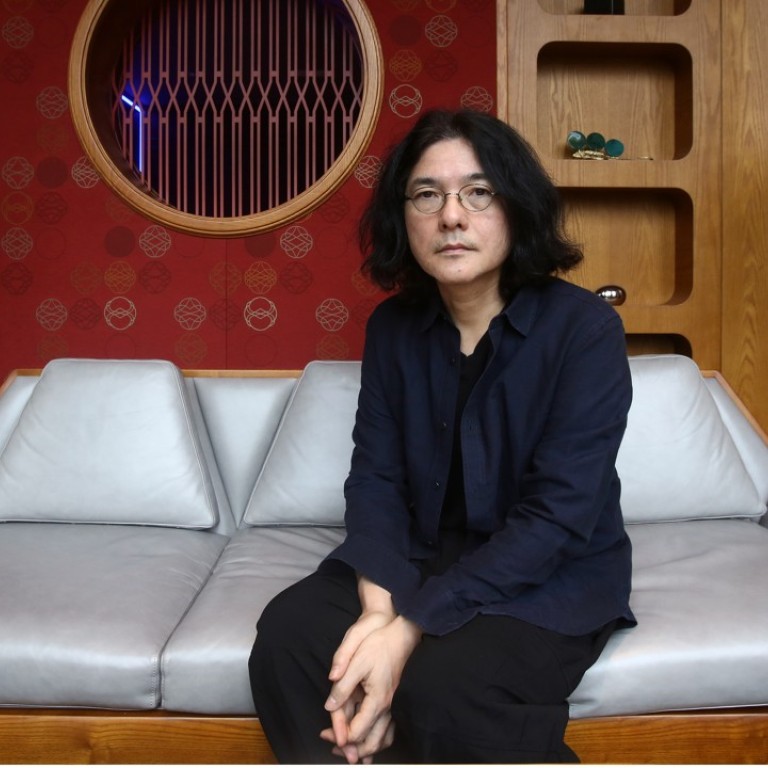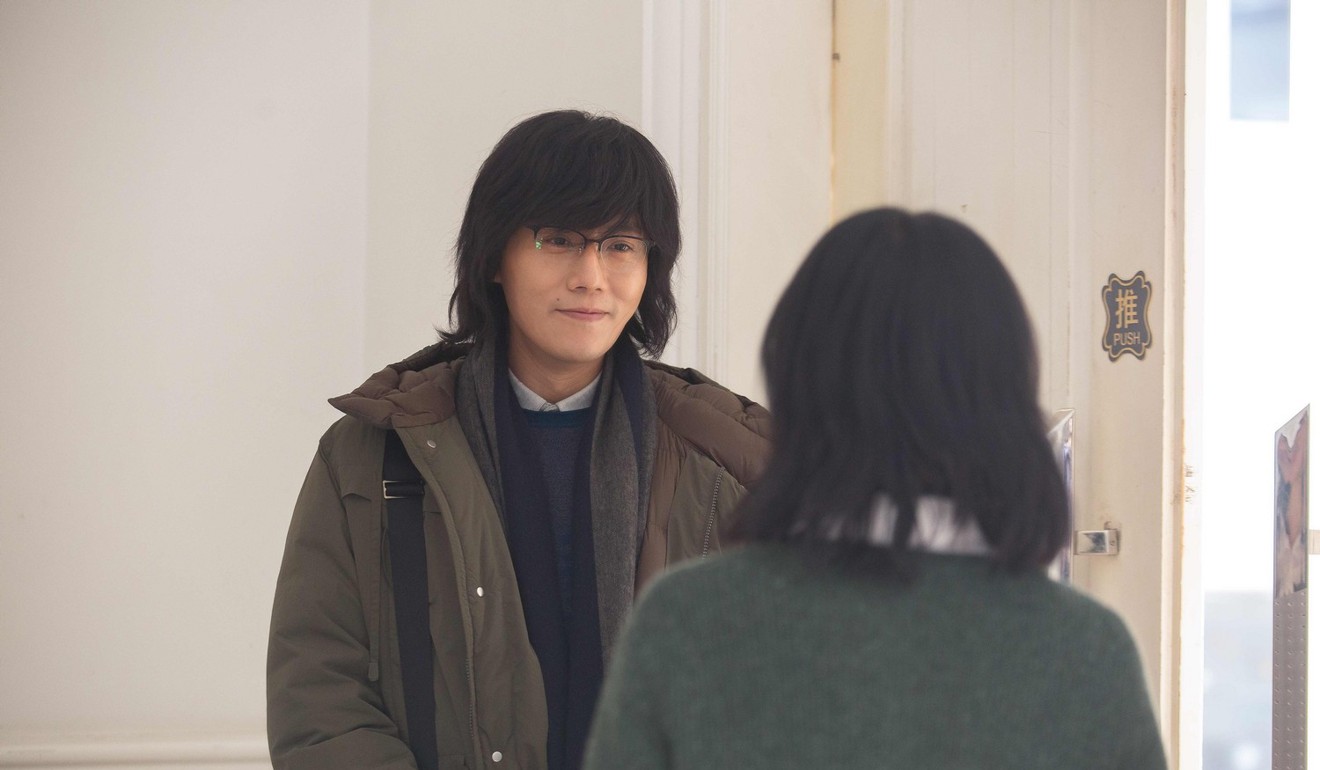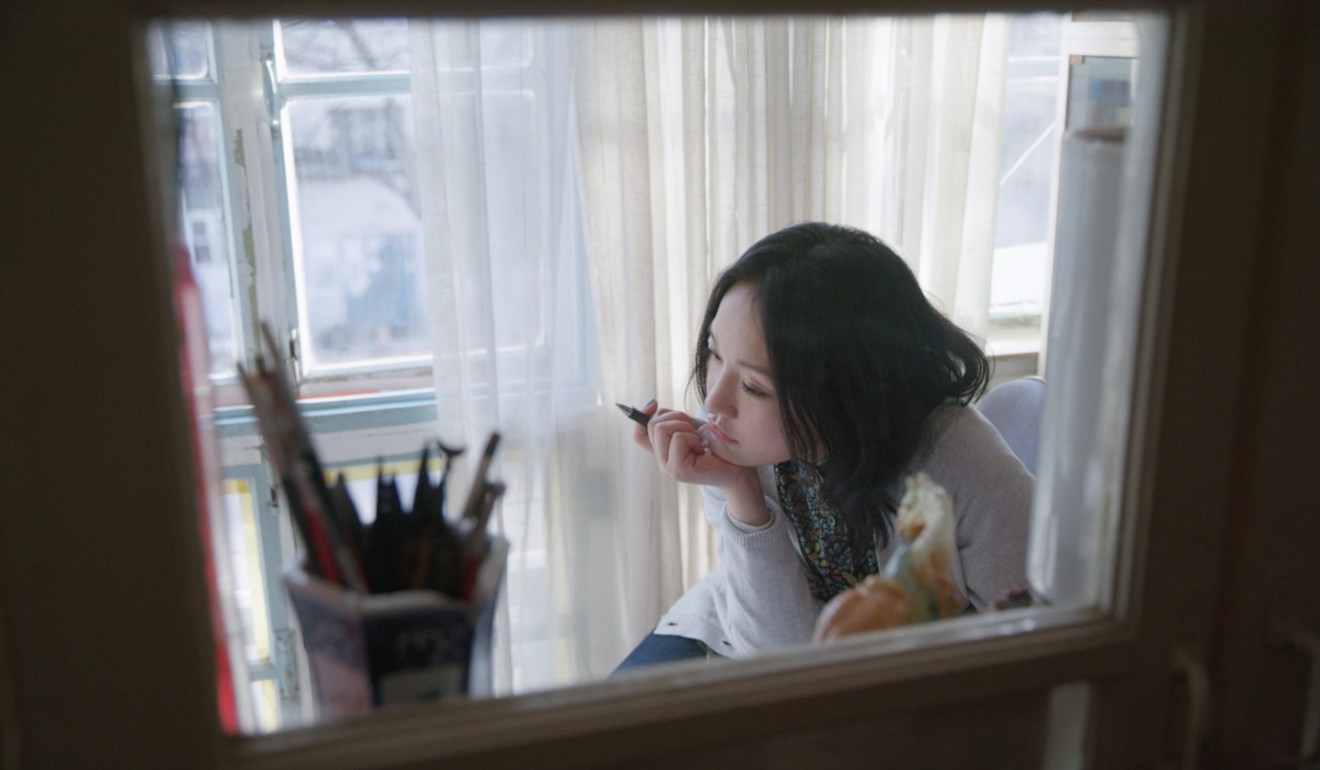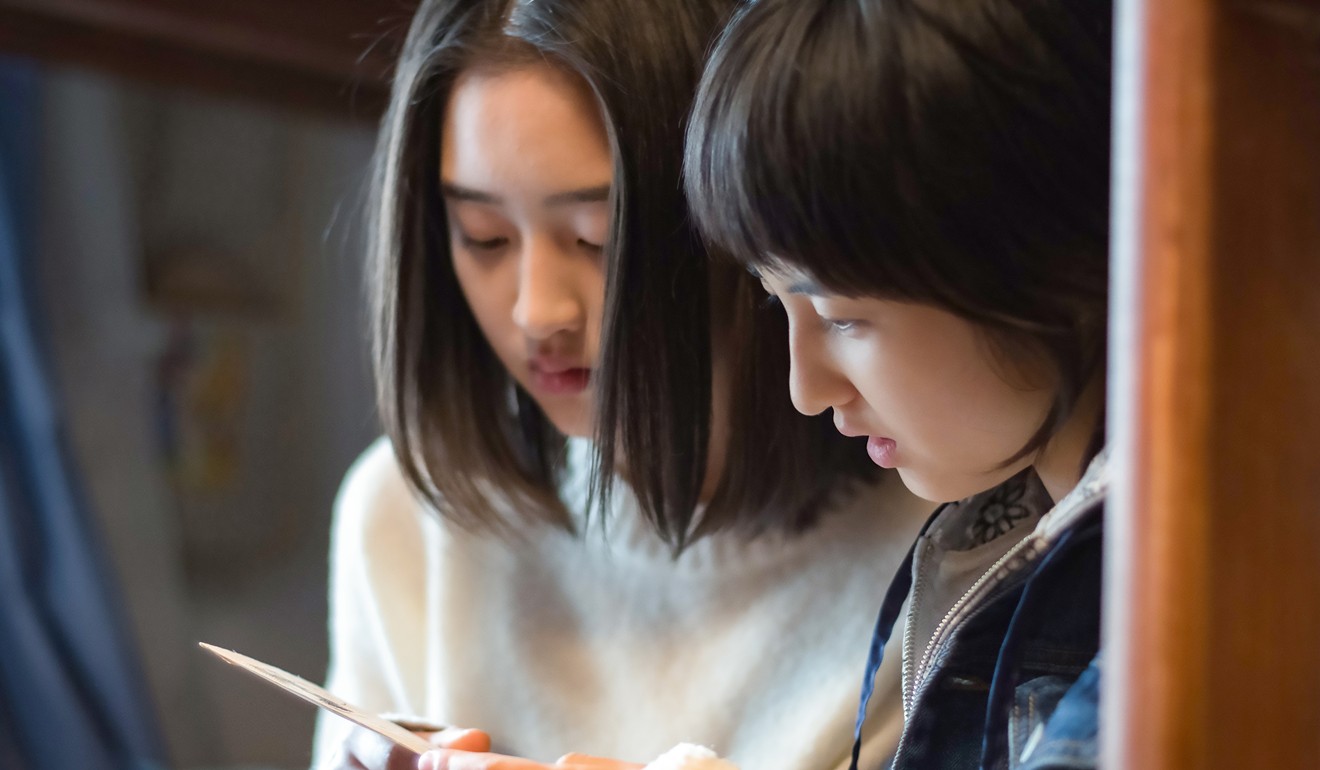
Last Letter director Shunji Iwai on his Chinese-language debut and Peter Chan’s contribution
- The Japanese director made the film after discovering how many Chinese fans he had
- The film is inspired by a South Korean TV miniseries and was painstakingly adapted to China
It was always going to be just a matter of time before Shunji Iwai made a film in China. The attraction should be mutual: long before China became one of the world’s most lucrative film markets, the Japanese filmmaker had already developed an avid fan base there with such lyrical efforts as Love Letter (1995) and Hana and Alice (2004).
“You could say that I’m making this film for the fans in China,” Iwai told the Post at the recently concluded Hong Kong Asian Film Festival, at which his first Chinese-language feature, Last Letter, was one of the programme’s two closing films. “Once I realised how many people in China liked my work, I decided to do something for them.”
A Bride for Rip Van Winkle review: Shunji Iwai returns in fine form
Again revisiting his favourite themes of youth, memory and letter writing, Last Letter (whose Chinese title translates as Hello, Zhihua) stars Zhou Xun as Zhihua, a married woman who attends a high-school reunion on behalf of her late sister Zhinan – unseen in this film – to announce her death, only to be reunited with her own teenage crush, the novelist Yin Chuan (Qin Hao).
As the scenario quickly turns into a prolonged case of mistaken identity, Zhihua decides to write to Yin – without a return address – to reminisce about the past. Then the daughters of Zhihua (played by Zhang Zifeng) and Zhinan (Deng Enxi) also begin to exchange letters with the mildly confused Yin.
Iwai says the idea for Last Letter came from Chang-OK’s Letter, the 2017 TV miniseries starring Bae Doona as an unhappy housewife that he scripted and directed in South Korea. “The stories are not the same, but Last Letter can certainly be described as an extension of Chang-OK’s Letter. After Last Letter, I’m going to publish a novel about Zhinan, so it’ll go on and on.”
Having originally written the story with a Korean setting in mind, Iwai says it took the production team a long time to transpose the story to China and localise it in every detail. “The story would have to be made closer to the culture it’s set in. Last Letter is the consequence of some very meticulous research and assessment. We need to check every line of dialogue to make sure they sound right.”
It helps that he has Peter Chan Ho-sun to pull the strings for him as a producer. Iwai recalls that he first met the acclaimed Hong Kong filmmaker over 20 years ago, when the latter contacted him to discuss a film project set in Tokyo. “We didn’t collaborate then because of scheduling conflict, but we’ve known each other since,” he says.
While Chan wasn’t directly involved in the localisation effort, Iwai credits him for putting together an outstanding crew. “If you want to make a film that feels true to a place, you need a local team of people to help you pull it off. If not for Peter, I would have felt like someone who’s completely lost in the middle of the road. I couldn’t have done this based on my imagination alone.”


Chan has described Last Letter as Iwai’s attempt to revisit the Love Letter premise, but as an older, wiser veteran. It is an assessment that the Japanese director agrees with. “For me, Last Letter does feel like the second film in a series that began with Love Letter. That is how I approached it when I wrote this film.”
Incidentally, Dalian, Liaoning province – the location that Last Letter’s Chinese crew suggested to Iwai – also happens to be the birthplace of his mother. “She was born in Dalian and spent her childhood there. Her experience from that time has probably left an impact on my life too through the things she taught me. I felt as if I had returned to a place that I should be very familiar with,” he says.
As he promotes his Chinese debut, Iwai is in fact already working on a new Japanese film … named Last Letter. In that version, Takako Matsu, Masaharu Fukuyama and Suzu Hirose are set to play the roles respectively portrayed by Zhou, Qin and Deng. Be it of his own will or for contractual reasons, Iwai doesn’t even acknowledge the existence of the remake – scheduled for 2019 – in this interview.


What he can say about his future plans, though, is that he’s hoping to shoot a Chinese-language follow-up to Last Letter, this time focusing on the character Zhinan; the setting will also possibly move to Beijing. “But I have no idea yet whether this could be arranged. There are many variables to consider,” he adds.
Last Letter opens on November 29

